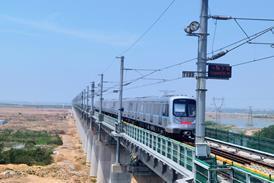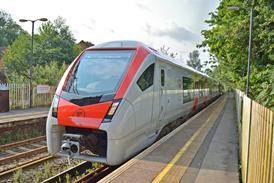Substantial efficiency gains have been achieved by Denmark’s infrastructure manager, Banestyrelsen, thanks to a law introduced on January 1 1997 which requires materials and work to be procured by open tender - although it has not been fully applied yet.
Director of Infrastructure Services Jesper Toft told AiC’s Infrastructure Maintenance & Renewal 99 Conference on February 9 that he was not only buying materials at lower prices, where previously they had been escalating, but the capital tied up in stocks had also been halved. The cost of plant was 10% to 20% lower, materials were typically 6% to 15% down with 50% achieved in some cases, and work packages were up to 50% cheaper for the same functional output. ’We now believe that you can go further’, he said.
Toft admitted that to start with there had been resistance to the idea that infrastructure work could be precisely defined in contracts, but now ’we don’t accept that things can’t be described.’ Indeed, the requirement to do this ’stimulates planning and thus optimises the whole process.’
There were gains in the time taken to carry out work too. Typical work packages were performed 10% to 20% faster, and time reductions of 54% and 67% had been demonstrated during specific trials. Commissioning times had improved substantially, with reduced disruption to services in consequence.
Asked whether more staff were needed to process the procurement paperwork, Toft claimed that, on the contrary, 10% to 15% fewer were required - ’although it may take different people.’ It had, he conceded, been ’a very tough learning process.’




















